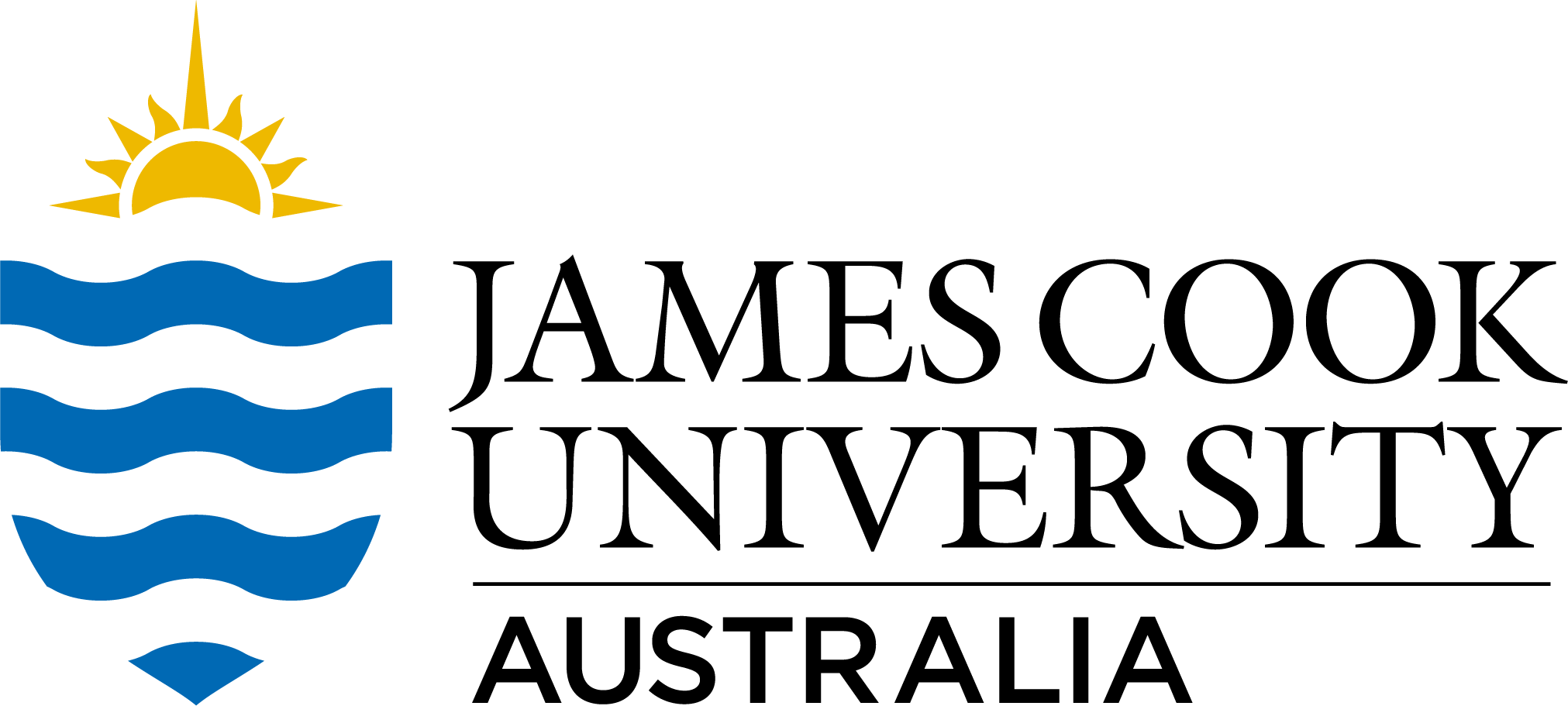Full description
Abstract [Related Publication]: Across the Pacific, and including in the Solomon Islands, outbreaks of arboviruses such as dengue, chikungunya, and Zika are increasing in frequency, scale and impact. Outbreaks of mosquito-borne disease have the potential to overwhelm the health systems of small island nations. This study mapped the seroprevalence of dengue, Zika, chikungunya and Ross River viruses in 5 study sites in the Solomon Islands and evaluated potential risk factors for infection. Serum samples from 1,021 participants were analysed by ELISA. Overall, 56% of participants were flavivirus-seropositive for dengue (28%), Zika (n=1%) or both flaviviruses (n=276); and 53% of participants were alphavirus-seropositive for chikungunya (3%), Ross River virus (31%) or both alphaviruses (18%). Seroprevalence for both flaviviruses and alphaviruses varied by village and age of the participant. The high seroprevalence of DENV does suggests that natural population immunity is still the main control mechanism for arboviruses in the Solomon Islands. There is a real need to increase the diagnostic capacities for each of the arboviruses to support effective case management and to provide timely information to inform vector control efforts. The Solomon Islands remains vulnerable to outbreaks of DENV, ZIKV and CHIKV, and likely has ongoing transmission of RRV. To prevent and prepare for future outbreaks, priority actions include understanding the vectors’ behaviours of the Aedes vectors for DENV, ZIKV and CHIKV as well as the Culex vectors for RRV. The full methodology is available in the Open Access publication from the Related Publications link below.Notes
This dataset consists of cross-sectional survey results (saved in both MS Excel and Open Document formats) and a description of data archiving and data dictionaries, in PDF format.Created: 2021-07-23
text: Solomon Islands
User Contributed Tags
Login to tag this record with meaningful keywords to make it easier to discover
Identifiers
- DOI : 10.25903/1G6E-K995

- Local : researchdata.jcu.edu.au//published/1fe5f570560a7e8e8e51787d5f1f8043


